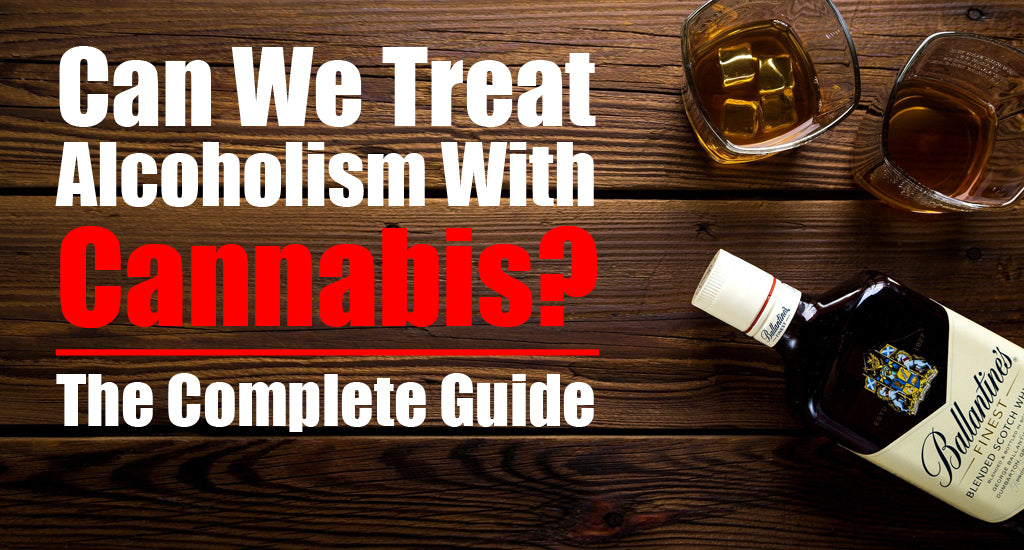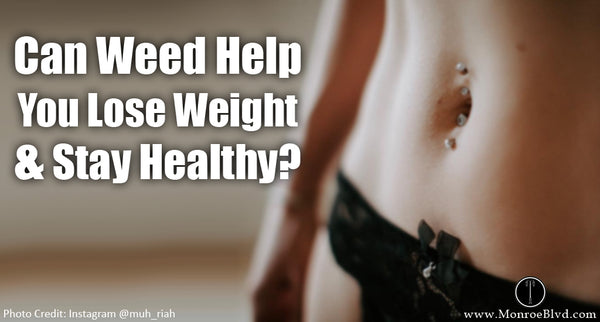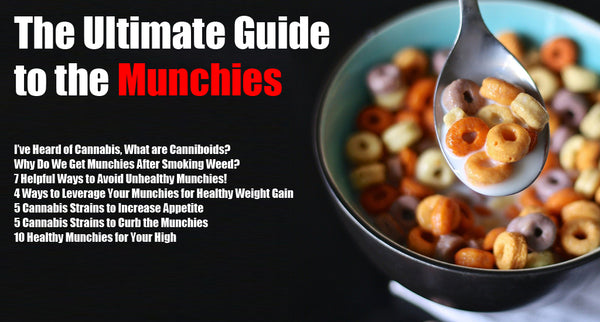
Navigating Marijuana's Role in Alcoholism Treatment and Recovery
Alcoholism, an addiction affecting 17.6 million Americans, has been a significant part of society for centuries. JAMA Network's recent study highlights this issue, revealing a sharp increase in alcohol-related deaths between 2000 and 2016, with numbers rising steadily. Notably, the annual death rate from alcohol use has doubled by 78% in men and increased from 4,648 to 9,644 in women. These figures relate not to drinking and driving, but to excessive alcohol use and its consequences, like liver disease, pancreatic disorders, and alcohol poisoning.
Some heavy drinkers have overcome their addiction through structured plans or addiction centers. However, recovery methods vary greatly among individuals. One emerging alternative with increasing attention is CBD or cannabis, seen by many as a harm reduction approach for alcoholism.
Cannabis is still in the early stages of being researched as an alcohol substitute. We'll explore how CBD and marijuana can potentially treat alcohol abuse, and examine how both substances interact with the body.
Marijuana Vs Alcohol: How Do They Interact With Our Body?
Smoking marijuana and drinking alcohol affect the body and mind differently. While scientific research has shown alcohol to negatively impact various body systems, including the brain and liver, marijuana's effects vary among individuals. In my experience, marijuana serves as an emotional barometer, helping to understand and process emotions without avoiding reality.
It's important to recognize the legal and health considerations surrounding marijuana use, including potential respiratory issues and the variability of its effects based on factors like genetics and consumption method. Additionally, alternative forms like edibles and oils offer different experiences.
For those in addiction recovery, marijuana might aid in managing emotions, but caution is advised. The efficacy of marijuana in addiction treatment is not universally established and should be approached carefully, especially for individuals with a history of addiction or mental health issues. Consulting healthcare professionals before using marijuana as a recovery tool is essential.
Marijuana's Role in Alcohol Withdrawal and Recovery: Insights from Surveys and Historical Use
Alcohol withdrawal can be life-threatening, necessitating medical detox in severe cases. However, for those aiming to reduce alcohol consumption, marijuana has surfaced as a possible supportive treatment, based on surveys of individuals who have utilized it in their recovery. It's worth noting that historically, marijuana was used to treat delirium tremens, a severe alcohol withdrawal symptom, until its prohibition in 1941. Recently, interest in its use as an alternative treatment has been renewed.
Survey data reveals that many individuals undergoing hospital detox for alcoholism were prescribed benzodiazepines to alleviate withdrawal symptoms. While benzodiazepines are effective, they also carry the risk of addiction and similar withdrawal challenges as alcohol.
A significant portion of respondents reported severe withdrawal symptoms, including seizures. When considering alternatives like cannabis for seizure management, they often met with skepticism from healthcare providers, who instead prescribed medications such as gabapentin, known for serious side effects, including increased suicide risk.
The survey highlights the need for more research into marijuana's potential in treating alcohol withdrawal symptoms. Key considerations include:
-
Diverse Responses to Marijuana: Individual responses to marijuana can vary greatly, influenced by factors like personal health history and the strain of marijuana used.
-
Legal and Regulatory Issues: The legal status of marijuana varies by region, which can impact its accessibility and the guidance available from healthcare professionals.
-
Potential Risks and Side Effects: Like any treatment, marijuana use comes with its own set of risks and side effects, which should be carefully weighed, especially for individuals with a history of substance abuse.
-
Importance of Medical Supervision: Consulting with healthcare professionals is crucial when considering marijuana as part of a recovery program, to ensure safe and effective use.
This survey-based perspective underscores the complexity of marijuana as a treatment option for alcoholism, suggesting both its potential benefits and the need for a cautious, well-informed approach.
Cannabis as a Substitute for Alcohol
To fully grasp the potential of cannabis as an alternative to alcohol, it's crucial to delve into recent research. A study published in Oxford Journal in 2014 provides valuable insights but also highlights complexities. While the study indicates that medical cannabis may offer some benefits in reducing alcohol use, its effectiveness is influenced by various factors, including the severity of alcohol dependency, organ damage, and personal health history. The study acknowledges that cannabis doesn’t unequivocally meet all the criteria necessary to be considered an effective substitute for alcohol.
Furthermore, the long-term outcomes and broader implications of cannabis substitution for alcohol are still under investigation. This makes the recommendation of medical marijuana for alcohol-dependent individuals a decision fraught with uncertainties, emphasizing the need for further research to elucidate cannabis's role in treating alcohol dependency.
Adding to the narrative, another study conducted by Tod H. Mikuriya, M.D, presents more optimistic findings. Involving 92 Northern Californian patients who were approved to use cannabis as an alternative to alcohol, the study found that all participants reported experiencing benefits. This suggests that the efficacy of cannabis in this context may be more promising than initially thought. Notably, the study underscores that, compared to alcohol, regular cannabis use poses fewer side effects, implying a potentially safer alternative for those struggling with alcohol dependency.
These studies collectively highlight the growing interest in and the potential therapeutic benefits of cannabis in alcohol dependency treatment. However, they also underscore the complexities and the need for cautious, evidence-based approaches. This body of research opens up avenues for more detailed investigations into how cannabis can be integrated into treatment programs, the appropriate dosages and strains for different individuals, and the long-term effects of replacing alcohol with cannabis.
Is Cannabis a Safer Alternative or Not?
The ongoing debate over cannabis' therapeutic potential is nuanced, with anecdotal evidence often portraying it as a safer alternative to alcohol. However, comprehensive research is vital to fully understand its medicinal properties.
A 2017 University of Connecticut a study revealed a significant 12.4% decrease in alcohol sales across US counties from 2006 to 2015, highlighting a shift in consumption patterns. This change raises questions about the role of cannabis as a therapeutic agent in reducing alcohol dependency.
Related article: Is Marijuana Safer than Alcohol?
The urgency to understand cannabis' impact is underscored by its increasing use as a treatment for various ailments, despite mixed evidence. The correlation between cannabis legalization and the decrease in alcohol sales suggests a potential public health benefit. This trend is supported by a Cowen & Company report, which noted a decline in alcohol consumption, especially in states like Washington and Colorado that have legalized cannabis. Since 2016, these states have experienced a 13% reduction in alcohol use, indicating a possible shift in consumer preferences.
This data suggests that in states where cannabis is legal, consumers are increasingly considering it as a therapeutic and safer alternative to alcohol, changing previous stigmas. This shift has important implications for public health policy, as it may impact rates of alcohol-related harm and healthcare costs.
While these trends are promising, it's essential to approach the use of cannabis with caution and under medical supervision, especially for individuals considering it as a treatment for alcoholism. Responsible use, informed by ongoing research and medical advice, is key. Additionally, public education about the safe use of cannabis, its potential side effects, and its legal status is crucial to ensure that this shift benefits public health overall.


Strategy to Quit Alcohol With Cannabis
Exploring the use of cannabis in alcohol recovery is a complex journey, unique to each individual. While cannabis may offer a potential pathway for those struggling with alcohol addiction, it's important to approach this method with caution, understanding, and support. Here are some strategies for those considering cannabis as a tool in their journey towards recovery from alcohol dependence:
-
Start Slow: Begin with low doses of cannabis, such as 5mg to 10mg per serving of edibles. Adjust the balance of non-psychoactive (CBD) and psychoactive (THC) components based on therapeutic effects and personal tolerance.
-
Register Your Experiences: Document how cannabis impacts your withdrawal symptoms. Tailor your usage based on these observations, focusing on products that alleviate specific symptoms like anxiety with CBD-rich options.
-
Use Cannabis as a Shield, Not a Habit: Aim to alleviate withdrawal symptoms without developing a new dependency. Monitor your consumption and be mindful of potential habit formation.
-
Consume in a Secure Environment: Use cannabis in a place where you feel safe and comfortable, such as your home or a close friend’s residence, to enhance the therapeutic experience.
-
Find a Support System: Seek out groups that understand and support the use of cannabis in recovery, like 'Recovery with Cannabis' founded by Lainie Ruth, for peer support and educational resources.
-
Consult Healthcare Professionals: Engage with medical experts or counselors knowledgeable about using cannabis in addiction recovery. Their guidance can help in tailoring the approach to your specific needs.
-
Incorporate Lifestyle Changes: Complement cannabis use with healthy lifestyle choices like regular exercise, a balanced diet, and mindfulness practices. These can enhance overall well-being and aid in the recovery process.
-
Stay Informed: Keep abreast of the latest research and developments regarding cannabis use in addiction treatment. Being informed helps in making better choices and understanding the evolving landscape of cannabis use in healthcare.
These strategies aim to provide a holistic approach to using cannabis in alcohol recovery, emphasizing the importance of personalized care, informed choices, and comprehensive well-being.
Lainie Ruth, also known as The Sober Stoner, recognized the lack of support for people in recovery who use cannabis. To address this, she founded a non-profit support network called 'Recovery with Cannabis.' Its mission is to provide non-judgmental support through personal experiences, educational resources, and peer support programs, all while fostering a culture of inclusiveness and mutual respect.
Find Out What Experts Have to Say About Marijuana for Alcohol
For those seeking a safer alternative to alcohol and concerned about the implications of marijuana use, several examples and studies might guide your decision. It's always advisable to seek expert advice first to determine the best approach for you.
A notable case study published in the Journal of Policy Analysis and Management by researchers D. Mark Anderson and Daniel Rees indicates that marijuana legalization has significantly reduced beer sales, particularly among individuals aged 18 to 29.
Related article: I Used To Be An Alcoholic. Now I'm A Stoner Who Has A Drink Sometimes
Moreover, the authors highlighted that, compared to alcohol, medical marijuana poses fewer dangers. This aligns with current trends showing an increasing preference for marijuana over alcohol. For instance, a 25-year-old individual successfully used marijuana to alleviate symptoms of alcohol addiction, finding it more effective than other methods.
While these examples, drawn from both research and personal experiences, suggest marijuana as a viable alternative, it's important to make a choice that aligns with your personal needs and health considerations. Listening to your body and making an informed decision is key.
Final Thoughts
The current landscape of research on cannabis as a substitute for alcohol presents mixed signals. While some studies advocate its use, others view it as a premature alternative. Cannabis, like many substances, has both pros and cons in the context of alcohol replacement. Notably, there has been a significant increase in cannabis use for both medical and recreational purposes in recent years.
This uptick suggests a growing recognition of cannabis's potential, especially when considered alongside declining alcohol abuse rates. Echoing the adage 'slow and steady wins the race', the cannabis industry is gradually advancing towards being recognized as an effective alternative to alcohol and opioids. Its journey reflects cautious progress, balancing enthusiasm with a need for thorough understanding and responsible application.



